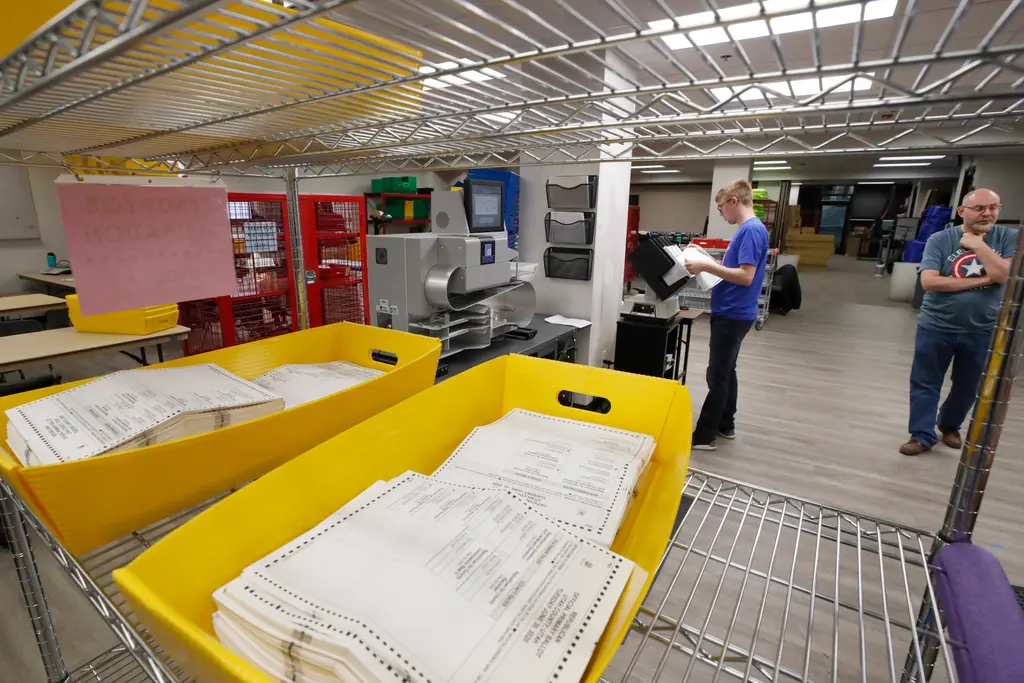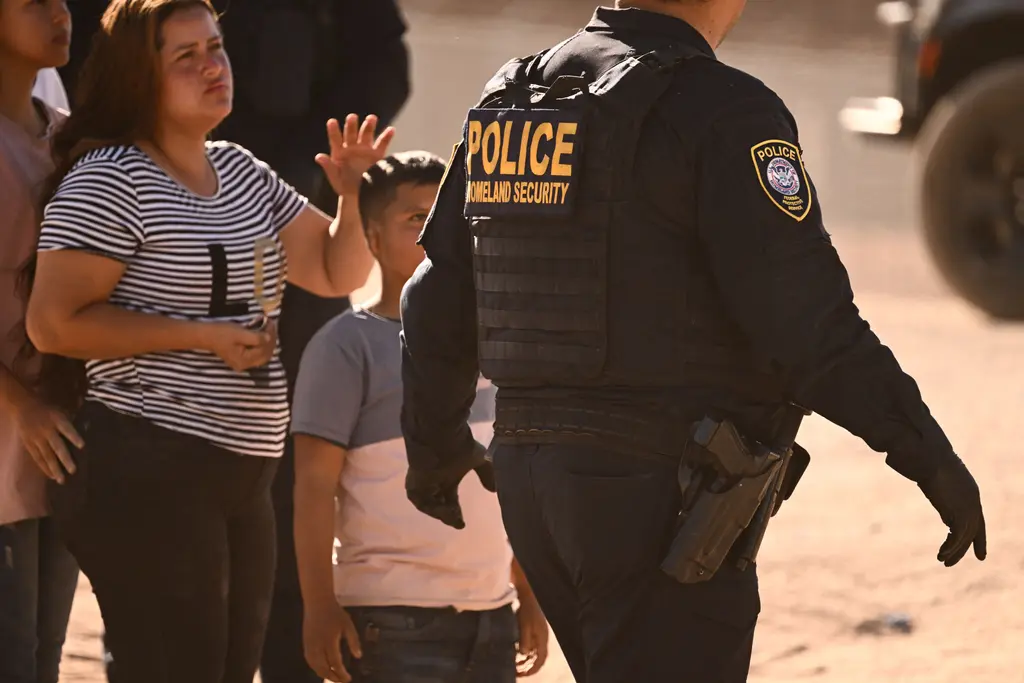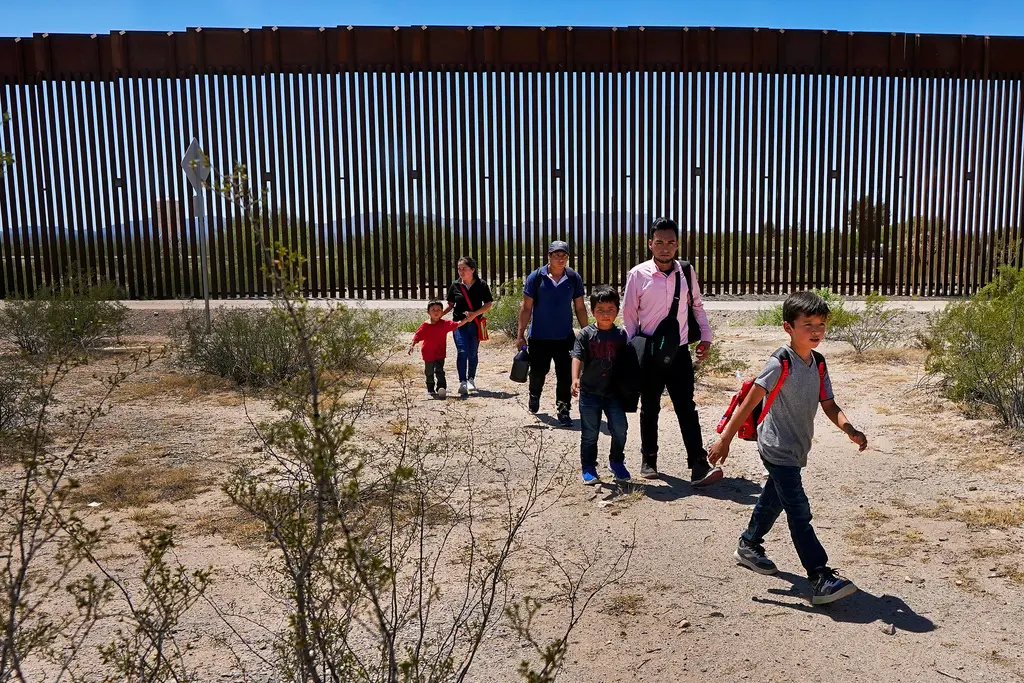Nicaragua has now become an electoral dictatorship

Daniel Ortega and his wife Rosario Murillo have just extended their time in the Nicaraguan presidential palace via elections Sunday that were as fraudulent as a three dollar bill.
Known as ' OrMu', in the local vernacular, they have now given themselves a new mandate to govern as president and vice president while persecuting anyone who might seek to contain their unbridled ambitions or challenge their political power. Facebook’s pre-election takedown of a massive OrMu-promoting troll farm run out of state offices confirmed the lack of election integrity for anyone who may have harbored doubts.
That they felt the need to contest elections at all shows a continuing desire for political legitimacy; that they tossed leading political candidates and influencers in jail prior to the elections, exiled others, hounded the press, monopolized state resources, and positioned public security forces to intimidate voters, among additional anti-democratic steps, shows they should not get it.
This will now be Ortega’s fourth consecutive presidential term, each election more suspect than the one before. This time, despite months of advance notice, there has been almost no international reaction other than easily ignored rhetorical rebukes and some U.S. visa cancellations.
It wasn’t always this way. As difficult as it may be to , elections in Nicaragua once served as a beacon of hope across Central America. In 1990, an internationally brokered and monitored election ended the first Sandinista dictatorship, bringing Violeta Chamorro to power and giving Nicaragua an opportunity to bind its wounds after 10 long years of revolution, violence, and crushing poverty.
Democracy would replace dictatorship, and sustainable, equitable economic growth would replace stagnation. U.S. development assistance followed by 'trade, not aid' in the form of the region-wide Central America and Dominican Republic Free Trade Agreement would lure foreign direct investment to create jobs for thousands of displaced former soldiers and re-integrated guerrillas.
Más sobre Opinion
As Washington’s attention shifted away from Central America, Ortega lost two more elections before finally winning the presidency in 2006 after forging a deeply cynical political pact with President Arnoldo Aleman that allowed him to gain office with only 35 percent of the vote. Once in office, he then took incremental yet purposeful steps to solidify his rule with the active of the late Hugo Chavez and Nicolas Maduro of Venezuela, Cuban and Russian advisors, and his ambitious new wife, whom he made vice president in 2017.
The regime’s authoritarian trendline has been obvious for years, particularly after the brutal suppression of student-led protests in 2018. Yet the international community including the United States, perhaps permanently scarred by the armed struggle to dislodge Ortega in the 1980s, has shown little appetite beyond symbolism to engage the democracy agenda.
The regime continues to enjoy free trade benefits from the United States including an increasing sugar quota and other preferential trade benefits, financial from international financial institutions, and diplomatic courtesies such as a recent meeting with the U.S. Secretary of State. Meantime, the U.S. Congress and the Organization of American States have both pressed for stronger action; Washington just delivered some 300,000 doses of covid19 vaccines. Negative Tweets are increasing.
Options are limited. The 76 year old Ortega will not likely submit to any electoral exercise at this point that he might lose, bolstered by his younger wife who has her own political ambitions both for herself and also for her adult children. Only the faith community maintains institutional independence.
The military is loyal to the regime and much of the business community is co-opted. OrMu are unpopular but, more importantly, they are feared. Protesters have been shot or locked away. The population is increasingly weary; migration from Nicaragua continues apace and will now likely tick up.
Yet, if only to discourage other budding dictators across the region from taking similar steps, the United States and international community must reject Sunday’s elections and deny the regime the international legitimacy it seeks. Washington should start by removing unilateral trade preferences and begin a process with other to suspend Managua from DR-CAFTA.
In addition to OAS condemnation, neighbors should deny Nicaragua financial from the Central American Regional Development Bank (CABEI) and the United States should do the same with the Inter-American Development Bank and other international financial institutions. Indictments against individuals for corruption and money laundering, particularly Venezuela sanctions busting, should be forthcoming. And, updating the foreign policy playbook for the modern era, Washington should deny to the regime the political oxygen of access to U.S.-based social media including Facebook, Twitter, and other platforms.
Twenty years after the g of the Inter-American Democratic Charter, Nicaragua has now become an electoral dictatorship. If the United States and other nations are serious about promoting the global democracy agenda, even as U.S. President Joe Biden seeks to host a global “democracy summit” in just over one month, there is no better place to do so than in a nation that has gone from dictatorship to democracy and now back to dictatorship, right here in our own hemisphere.
Democracy for Nicaragua, again, awaits.



